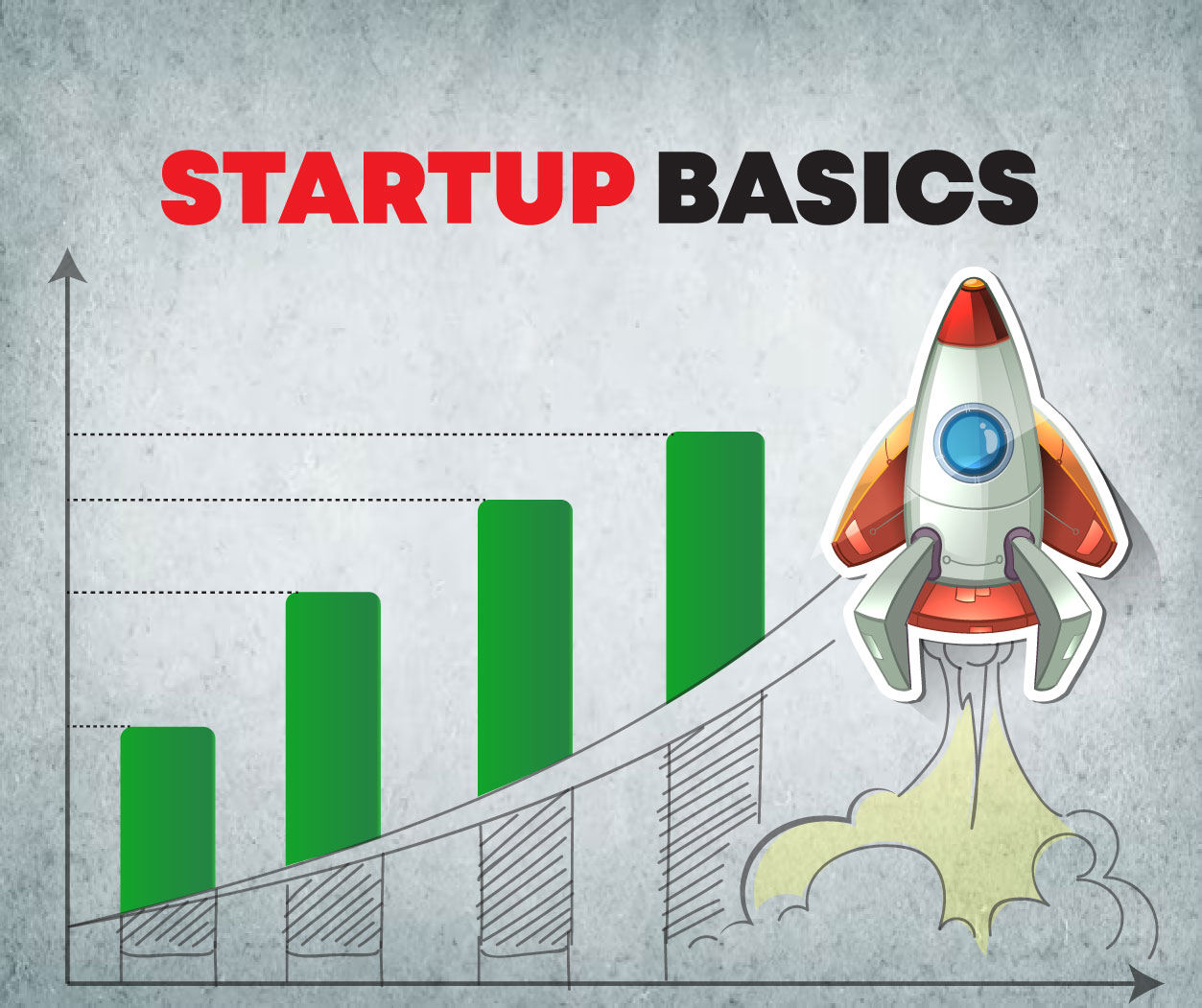What is a Startup ? Basics Explained.

STARTUP
Starting a new business or a startup can be a daunting task, but with the right mindset and approach, it can also be an incredibly rewarding experience. In this blog, we'll be discussing the basics of starting a startup, using language that everyone can understand.
First things first, what is a startup? A startup is a company or organization that is in its early stages of operation and is focused on developing and delivering a new product or service to the market. The goal of a startup is usually to grow quickly and become a successful business in a relatively short period of time.
Now that we've established what a startup is, let's dive into some of the key steps you should take when starting one.
1. Identify a problem or need in the market
Before you start a business, you need to identify a problem or need in the market that your startup can address. This can be anything from a gap in the market that no one has addressed yet, to a problem that existing products or services aren't solving effectively. Once you've identified the problem or need, you can start thinking about how your startup can solve it.
2. Develop a product or service
Once you have identified the problem or need, the next step is to develop a product or service that can solve it. This could involve anything from designing a new product from scratch, to modifying an existing one to make it better. You should aim to create something that is unique and valuable to your target audience.
3. Validate your idea
Before you invest a lot of time and money into your startup, it's important to validate your idea. This means testing your product or service in the market to see if there is demand for it. You can do this by talking to potential customers, conducting surveys, or running a small pilot test.
4. Create a business plan
Once you have validated your idea, you need to create a business plan. This will outline your goals, strategies, and financial projections for your startup. A business plan will help you stay focused and make informed decisions as you grow your startup.
5. Secure funding
Starting a startup can be expensive, so you'll likely need to secure funding from investors, banks, or other sources. You can also consider bootstrapping your startup, which means using your own savings or resources to get it off the ground. Whichever route you take, it's important to have a clear plan for how you will use the funds to grow your startup.
6. Launch your startup
Once you have everything in place, it's time to launch your startup! This can involve anything from setting up a website and social media accounts, to attending trade shows and networking events. The key is to get your product or service in front of your target audience and start generating buzz.
Starting a startup can be challenging, but if you have a great idea and are willing to put in the hard work, it can also be incredibly rewarding. Remember to stay focused, be persistent, and always keep your target audience in mind.
